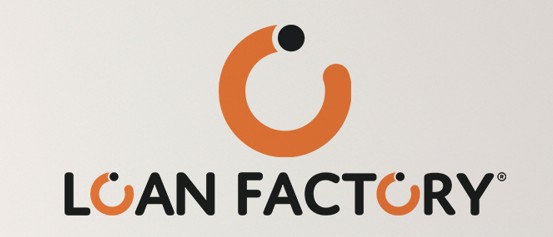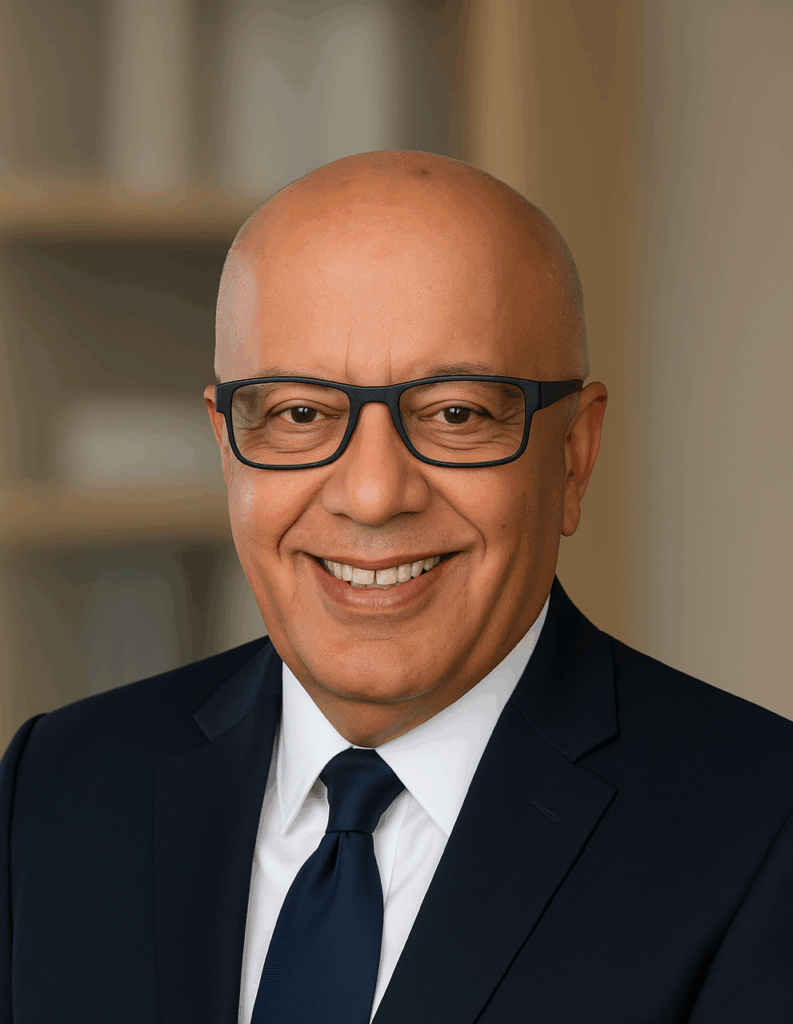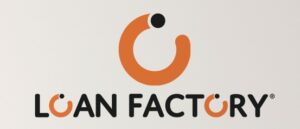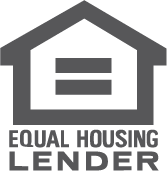💸 Struggling with Cash Flow in Retirement?

You’ve spent decades saving—but rising costs can make those savings feel stretched.
Many retirees face unexpected gaps in monthly income, putting their comfort and security at risk.
Without a reliable plan, everyday expenses can become a source of stress.
A reverse mortgage offers a powerful solution—unlocking your home’s equity without monthly payments.
You stay in the home you love, while gaining the financial freedom you deserve.
It’s time to turn your home into a source of income, not just shelter.
Let’s explore how this option can help you live with confidence, not compromise.
💸 Retirement should be a time of freedom—not financial strain.
But rising healthcare costs, home repairs, and everyday bills can quickly stretch your budget.
Many seniors find their savings aren’t enough to support the lifestyle they’ve earned.
A reverse mortgage can unlock your home’s equity to restore cash flow and peace of mind.
💬 What’s Putting Pressure on Your Retirement Cash Flow?
Q: Why does retirement feel more expensive than expected?
A: Monthly bills, rising healthcare costs, and unexpected home repairs can quickly stretch your savings. Many retirees find that what they’ve set aside isn’t enough to support the lifestyle they’ve earned.
Q: Isn’t retirement supposed to be a time to enjoy life?
A: Absolutely. You’ve worked hard for decades—and now is the time to travel, support loved ones, and live with peace of mind. But without steady cash flow, those dreams can feel out of reach.
Q: What can help ease the financial pressure?
A: A reverse mortgage could be the solution. It allows you to access your home’s equity—without selling or making monthly payments—so you can stay in the home you love and enjoy retirement on your terms.
- 💼 Is Part-Time Work the Only Way to Boost Retirement Income?
As retirement costs rise, many seniors are turning to part-time jobs, freelance work, or small businesses to stay afloat. While these options offer flexibility and purpose, they also require time, energy, and effort—not always ideal when health or lifestyle needs shift.
But there’s another way.
🏡 A reverse mortgage can unlock the equity in your home—giving you the financial breathing room to choose work on your terms, or not at all.
✅ No monthly mortgage payments
✅ Stay in the home you love
✅ Use the funds to support your lifestyle, care needs, or even launch that passion project
You’ve earned the freedom to enjoy retirement without financial strain. Let’s explore how your home can help make that possible.
FREE CONSULTATION

- 💰 Considering Annuities for Retirement Income? Let’s Talk Options.
Many seniors turn to annuities for predictable monthly income—but they’re not always flexible, and fees can eat into your returns. Before locking in your savings, it’s critical to understand the fine print and long-term impact.
If you’re looking for guaranteed cash flow without giving up control, a reverse mortgage could be a powerful alternative.
🏡 It allows you to access your home’s equity—without monthly payments—so you can stay in the home you love and fund your retirement with confidence.
In today’s uncertain economy, having options matters. Let’s explore which path gives you the freedom, security, and peace of mind you deserve.
- 🏡 Is a HELOC Out of Reach in Retirement? There’s a Smarter Way Forward.
While a Home Equity Line of Credit (HELOC) may seem like a flexible option, many retirees find it difficult to qualify. Lenders often require strong credit scores, steady income, and low debt-to-income ratios—criteria that can be tough to meet without a regular paycheck.
💳 Even with lower interest rates, HELOCs come with monthly payments and financial pressure that can disrupt your retirement plans.
But there’s a better path.
A reverse mortgage allows you to access your home’s equity—without monthly payments, income requirements, or credit score hurdles.
✅ Stay in the home you love
✅ Maintain ownership
✅ Use the funds to support your lifestyle, care needs, or financial goals
If traditional lending feels out of reach, your home may already hold the solution. Let’s explore how a reverse mortgage can restore your financial freedom—on your terms
- Struggling with Cash Flow in Retirement? Your Home Could Be the Lifeline You’ve Been Looking For.
If you’re 62 or older and own your home, you may qualify for a reverse mortgage—a powerful financial tool that allows you to access up to 55% of your home’s value (based on eligibility), without selling or making monthly mortgage payments.
✅ No income or credit score requirements
✅ Stay in the home you love
✅ Use the funds however you choose—care, bills, travel, or support for loved ones
Unlike traditional loans, reverse mortgages are designed for retirees. The interest is simply added to the loan balance, and repayment only occurs when you move or pass away. You remain the owner and continue to benefit from any future appreciation.
With rising costs and unpredictable income, many seniors are turning to reverse mortgages to supplement retirement, fund in-home care, and secure peace of mind—without the stress of monthly payments or strict qualifications.
💬 Retirement should be about freedom, not financial worry. Let’s explore whether this option could help you live with confidence and comfort.
FREE CONSULTATION



